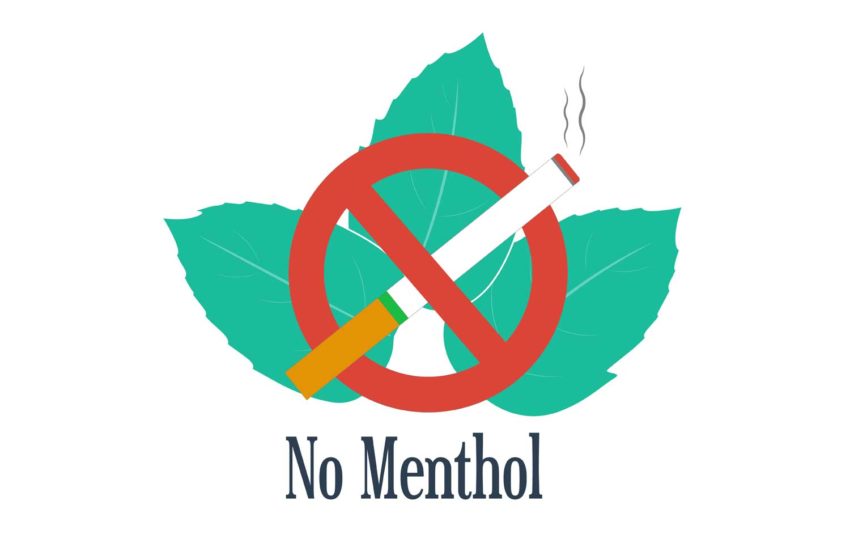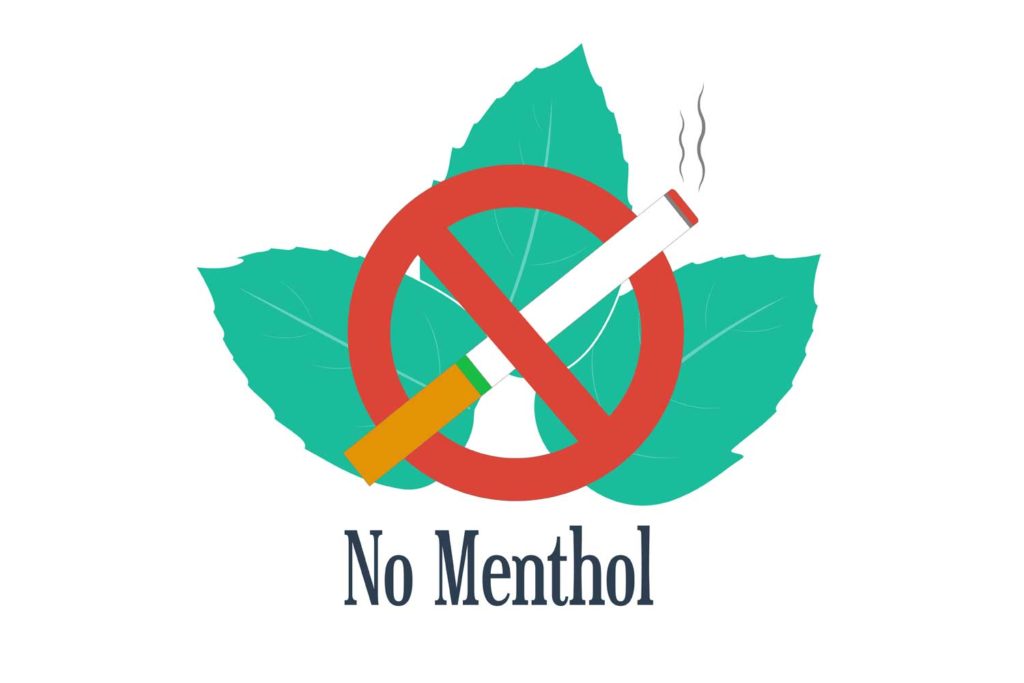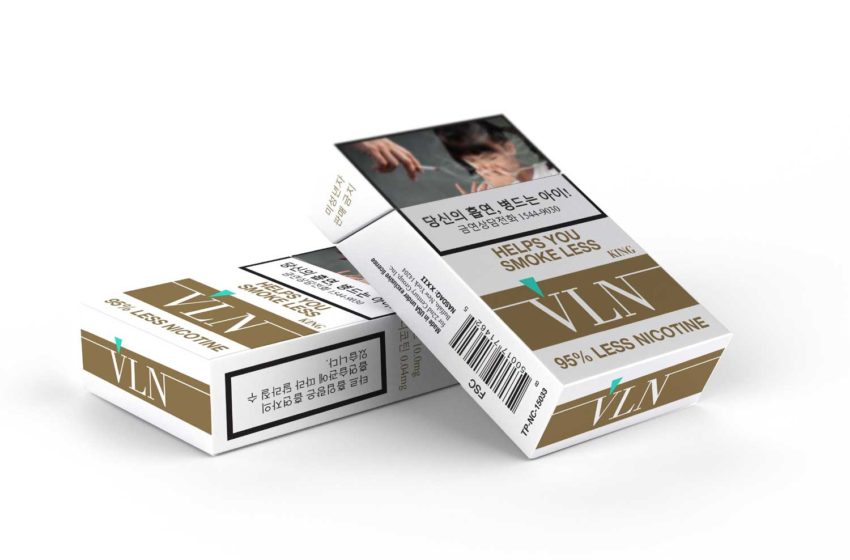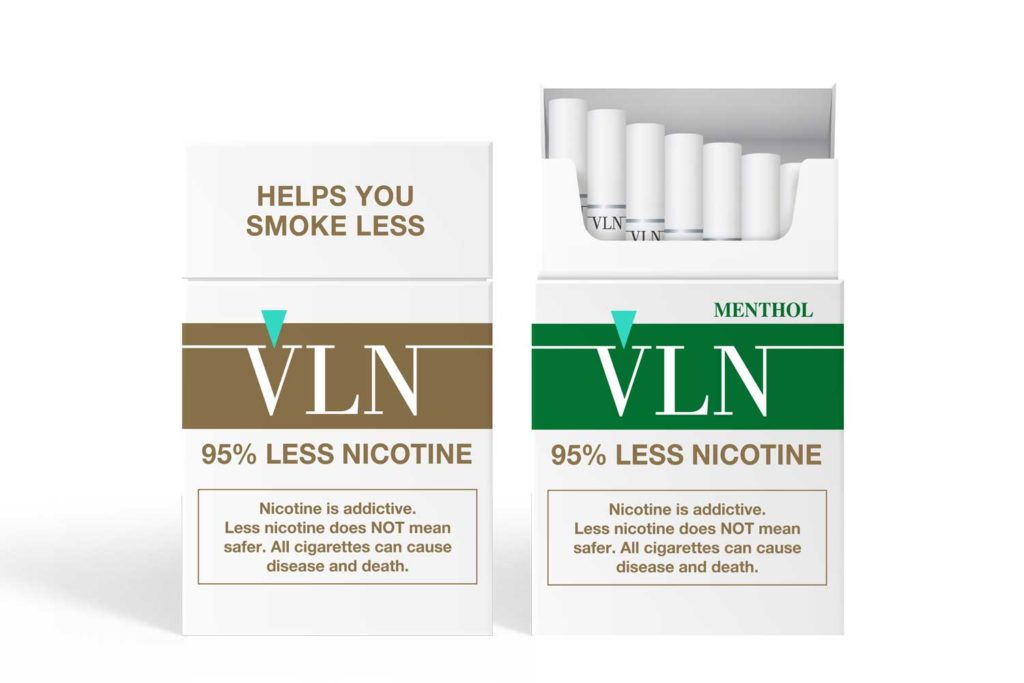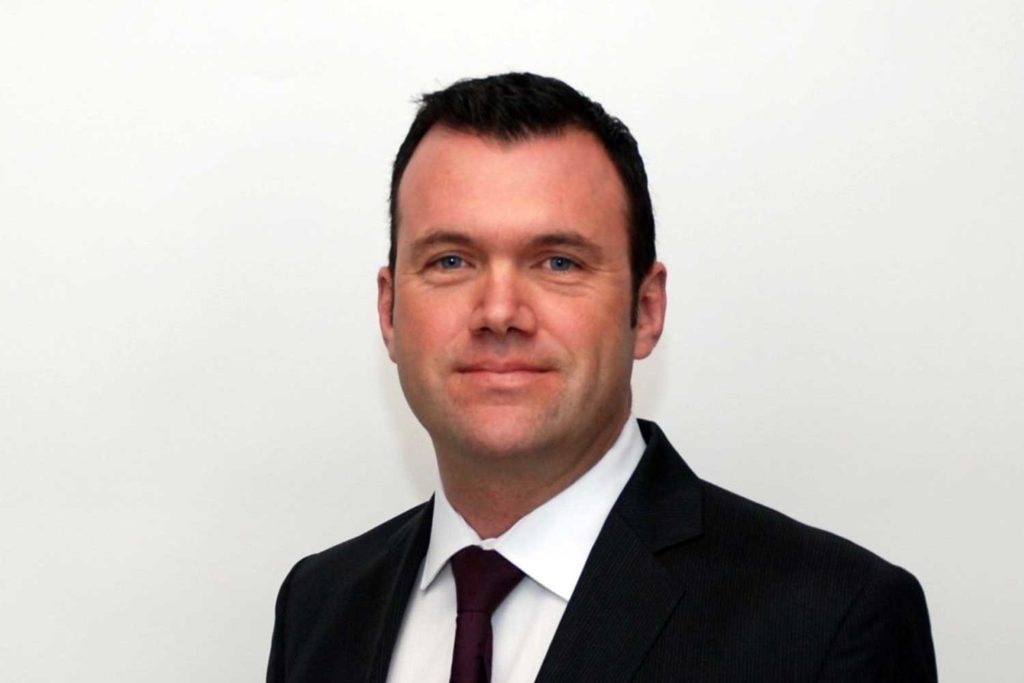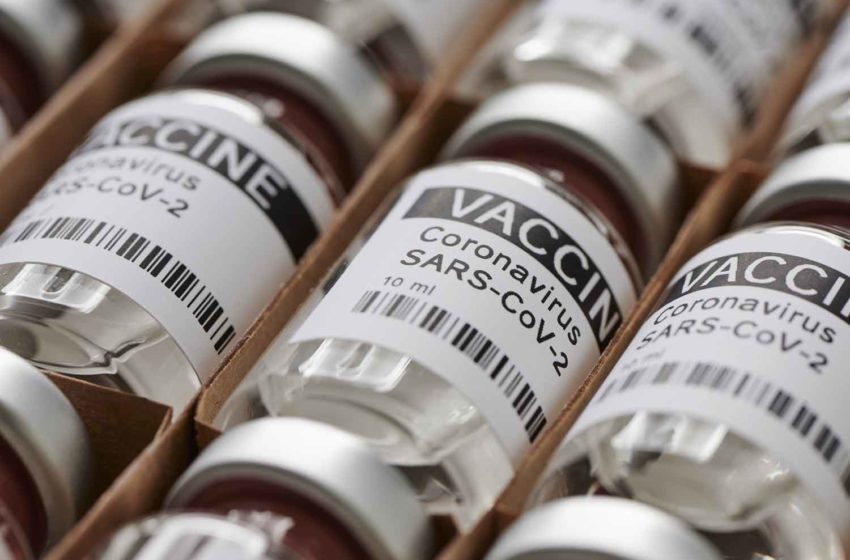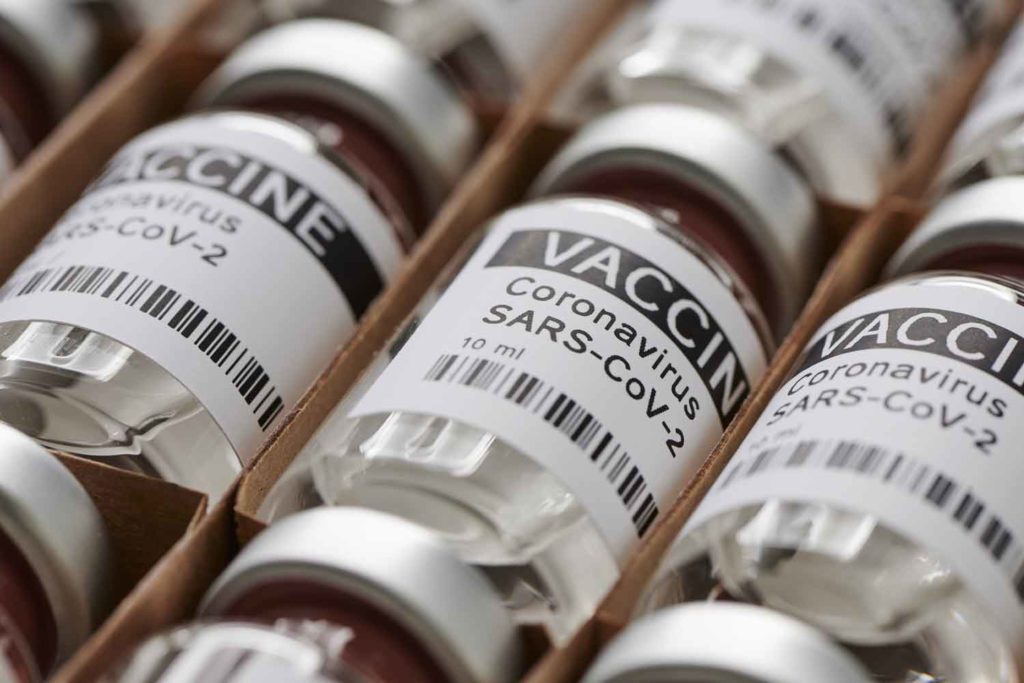
Vector Group reported consolidated revenues of $1.22 billion in 2021, down 1 percent from the previous year. Reported net income of $219.5 million was up $126.5 million over 2020. Adjusted net income from continuing operations was $174.8 million, up $44.9 million compared to the prior year period. Reported operating income increased $26 million to $320.4 million while tobacco segment operating income was $360.3 million, up 13 percent over 2020.
For the fourth quarter of 2021, Vector Group reported consolidated revenues of $313.7 million, up 9 percent compared to the prior year period. Reported net income was $45.3 million, up $13.1 million. Adjusted net income from continuing operations totaled $41.4 million, $19.3 million higher than in 2020. Reported operating income of $68.6 million was down $5.5 million compared to the prior year.
“Vector Group had another outstanding quarter, achieving all-time high annual tobacco segment operating income,” said Howard M. Lorber, president and CEO of Vector Group, in a statement.
“We are excited by the continued strong performance of our tobacco business, which validates our market strategy and reflects the competitive advantages we have in the highly attractive deep discount segment. With the spin-off of Douglas Elliman complete, we are laser focused on continuing to capitalize on opportunities in the growing deep discount segment while leveraging our value-focused brand portfolio and broad national distribution to meet evolving market demands.”






